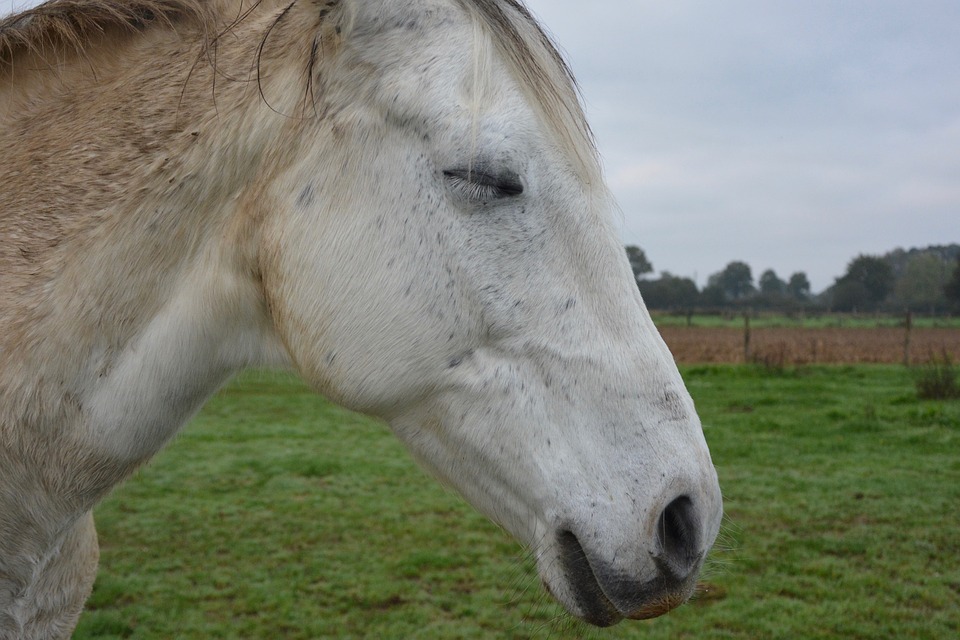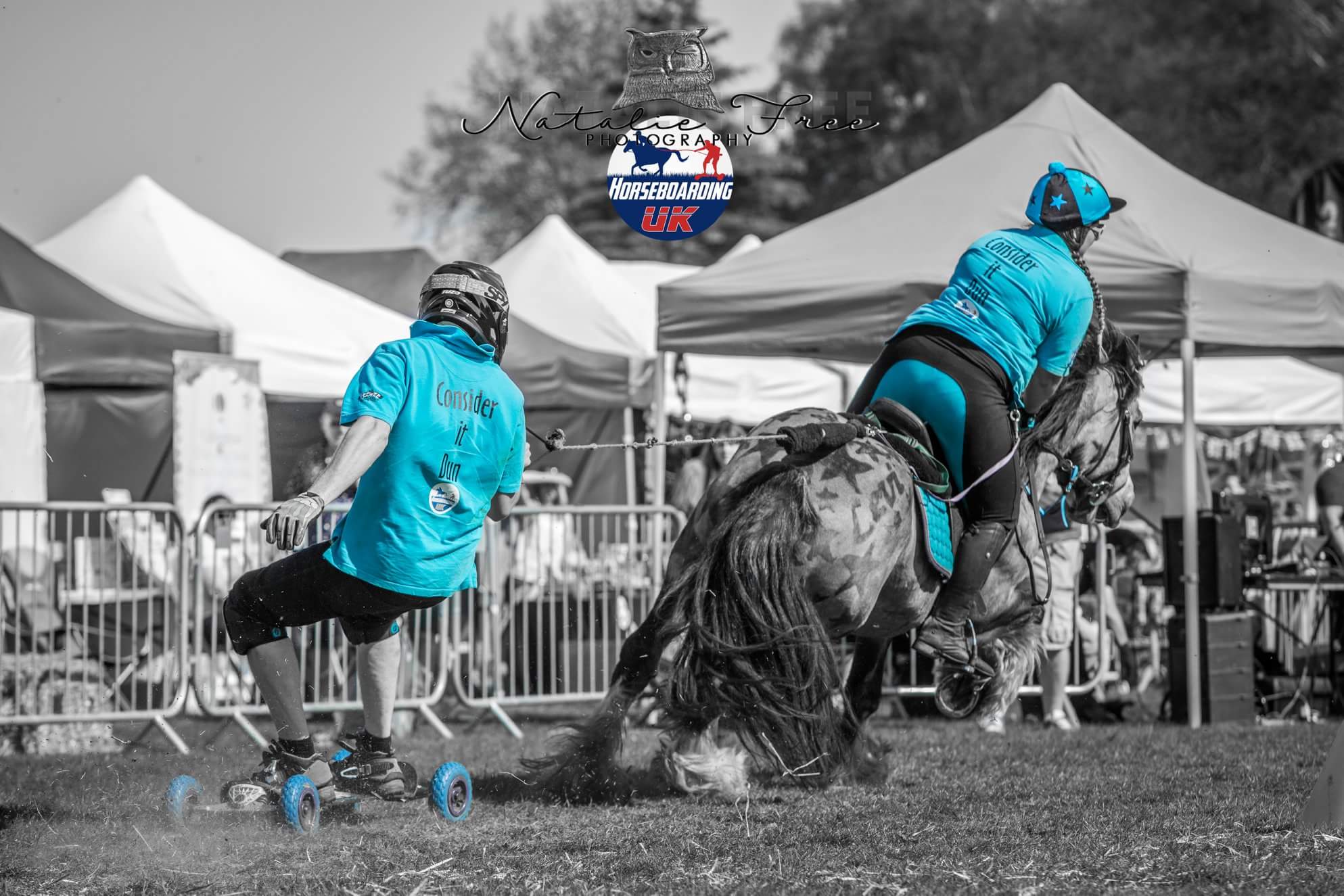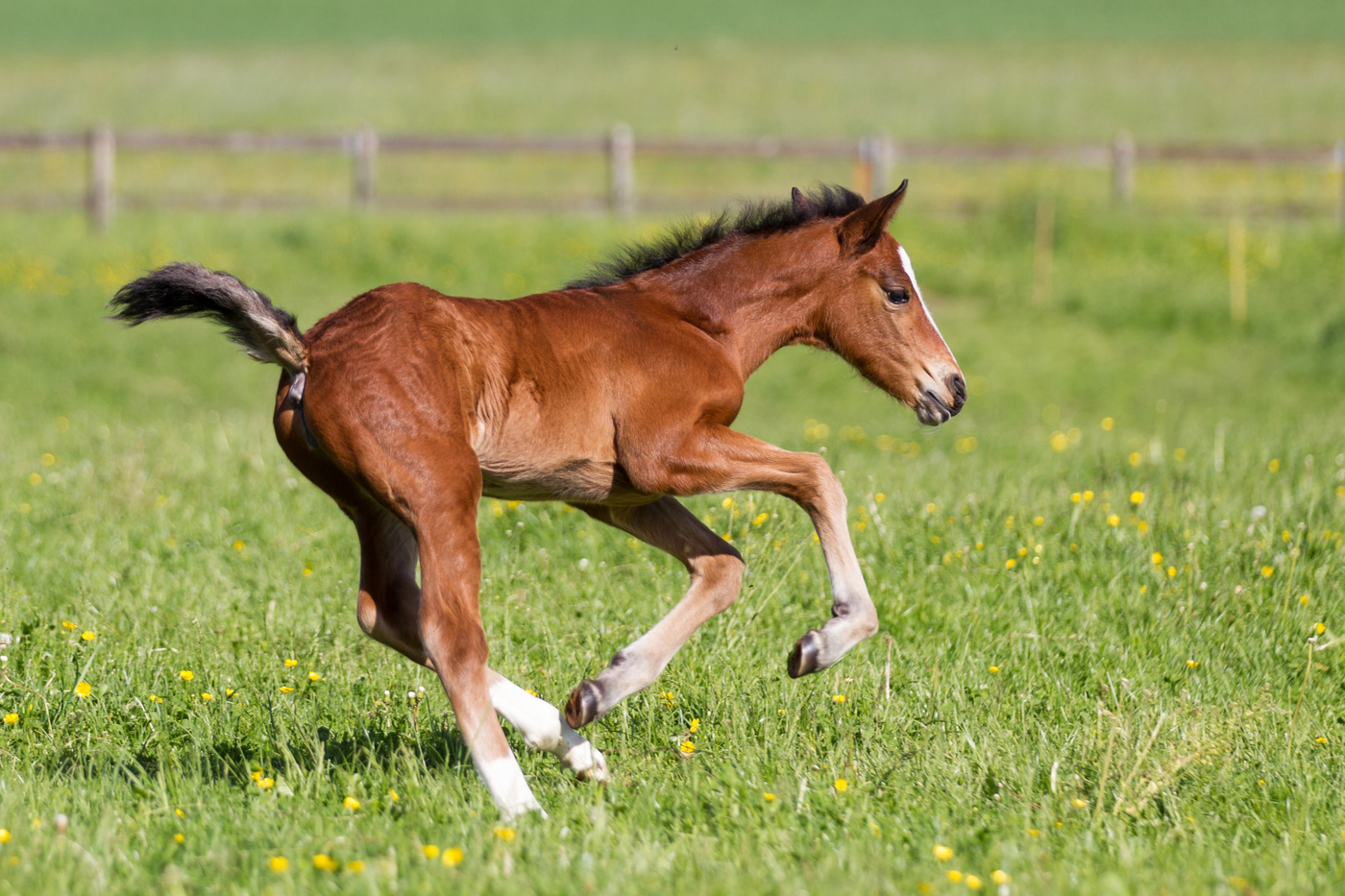From giant shire horses to tiny Shetland ponies, horses come in all shapes and sizes. There are so many different breeds to choose from, there’s practically a perfect pony for everybody! So if you’re just about to embark on your search for the ideal equine companion, you’ll need to do some serious reading. You need to research up on their health needs, how to care for them, what horse insurance you need to buy and so on.
But before you get into all that technical stuff, here are five fast, fun facts that will help you wow your friends (and expand your own knowledge about these fascinating animals at the same time!).
-
Horses can sleep standing up
Have you ever been so tired that you’ve fallen asleep standing up? Well, it’s something that horses do regularly, and it’s not just because they’re over tired!
Horses only lay down when they need to go into a really deep sleep, also known as an REM sleep.
When they’re just napping in a light sleep they prefer to stand as lying down restricts their blood flow and puts extra strain on their internal organs.
Adult horses are renowned for not needing much sleep - maybe three hours out of every 24 – but foals will need more.

-
You can estimate their age by their teeth
If you need to find out roughly how old your horse is, just look in its mouth. The teeth can be a good indicator of age although it might not be exactly accurate.
A foal’s milk teeth should be present when the foal reaches about nine months of age, with adult teeth grown in by the time they’re five.
The Spruce says that when you look at an adult horse’s teeth, the shape, angle and Galyvane’s groove found on the outer vertical surface should give you an idea about their age.
When the horse is about 10 years old, you’ll be able to see the Galyvane groove at the gum line.
By 15 it should be half-way down, and by the horse’s mid-twenties is will start to disappear – therefore giving you a good measure of how old your horse really is.
Horse teeth need to be checked by a vet about once a year to keep them in tip-top condition and to make sure they can chew their food and wear a bit safely.
If there’s an issue, costs of dentistry work might be covered by your horse insurance – double check that this is included when you ask for a quote.
-
They can only breathe through their noses
Horses are what’s known as obligate nasal breathers which means their anatomy only allows them to breathe through their noses.
The soft palate blocks the pharynx from the mouth, which is great for stopping the horse from inhaling food but not so good if it has respiratory problems as they won’t be able to switch to mouth breathing.
Chronic Obstructive Pulmonary disease (COPD or Heaves) is a common respiratory condition that is caused by exposure to dust and mold in a horse’s hay or bedding.
If you horse is breathing quickly, flaring their nostrils and there is excess chest movement it might be suffering from COPD or heaves and you should contact a vet as soon as possible.
-
Horse years and human years are different
We often talk about how old our dogs are by comparing dog years and human years but what about our horses?
The Spruce Pets says that by the time a horse is 1, it would have aged about 6 years in human terms.
By the time a horse is two, it would be considered a teenager in human terms, and by the time it’s 5 it’s roughly equivalent to a 25-year-old human.
-
They love extreme sports!

Photograph courtesy of: Natalie Free Photography
If you haven’t heard about horseboarding, where have you been?
This high-octane sporting craze is certainly not for the faint hearted, combining horse riding with mountain boarding.
Each pair races around a course against the clock, with the horse rider pulling the boarder behind.
You can do it on dry land, in the water or on the snow, so this really is a year-round activity you can enjoy with your new equine friend.
Horseboarding UK runs the Official Horseboarding UK National Championships so if you fancy yourself as an eventing pro, take a look at the website to learn more about the rules and to find out when the next championships are taking place.
If you’re taking part in any sporting event with your horse, it’s important that you have the right horse insurance in place for you and your equine friend.
Here at Equesure, we can find policies that include cover for such activities, as well as the more traditional show jumping events.
Financial facts about owning a horse

As the RSPCA explains, you need to make sure you’re aware of the financial commitment you will need to make in order to care for your new horse or pony properly.
These magnificent animals can live for 30 in some cases, after all.
The charity reminds us that you should factor in the following things when estimating the on-going costs:
Vet care including yearly vaccinations and teeth check-ups - £150 plus insurance
Farrier care - £80 every six to eight weeks
Livery costs - £80-£900 every month depending on the level of service you need
Feeding - £45-£80 for hay; £32-£132 for straw; around £36 for good-quality feed
Rising lessons – between £30-£50 per hour
Horse insurance can help pick up the costs of expensive vet bills. It can also help if your horse has an accident and damages other people or their property if your policy includes public liability insurance.
Here are Equesure, we can compare horse insurance policies to help you find the right one for you and your circumstances.
Perhaps you need horse insurance for your pony that you only ride at weekends?
Or maybe you need more extensive cover as you ride regularly at events or competitions where the risk of accident or injury is higher?
Remember the type of horse you have doesn’t affect the overall price of cover you pay – policies are based on the value of the horse, its location and how you’re going to use it.
It’s not just the horse’s health that can be covered by horse insurance. We can find you policies that include protection for saddlery and tack, too.
Get in touch with our specialist team today on 01480 22 00 89 and find the quote that’s right for you.






